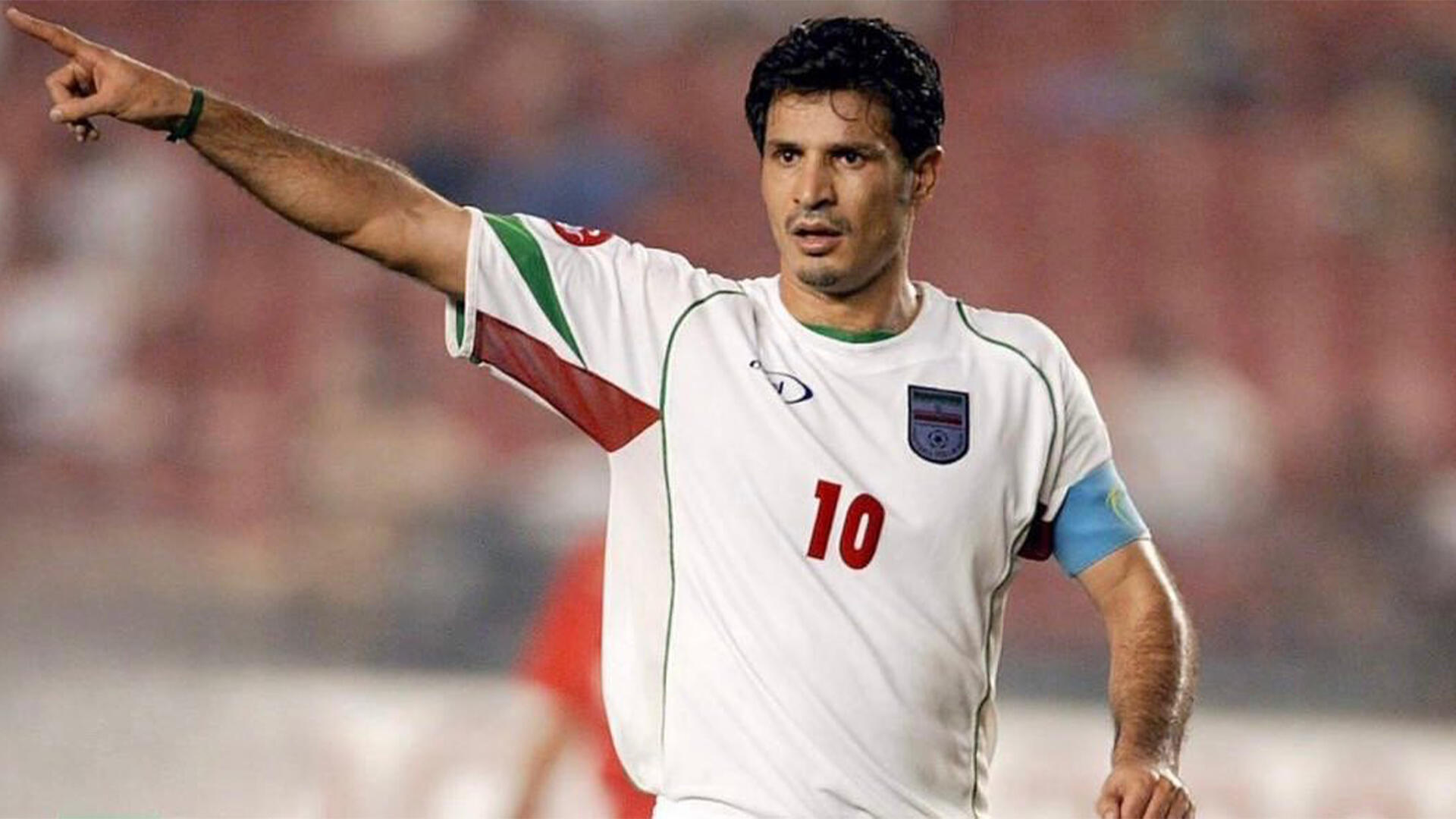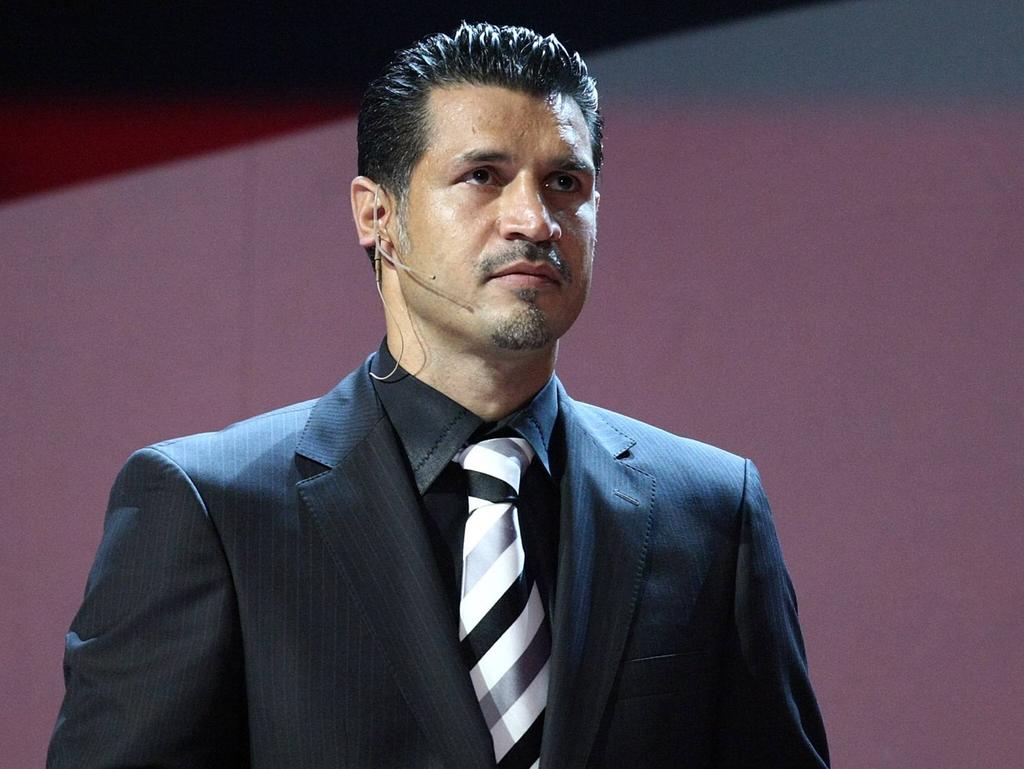Iranian President Masoud Pezeshkian has instructed the country’s sports minister to lift the ban on football legend Ali Daei, the Etemad newspaper, which is closely aligned with the presidential office, reported on Tuesday.
This move clears the way for Daei to return to football, a decision seen by many as an attempt to quell political unrest in the country. The former national team captain, who is highly revered in Iran, was banned from football-related activities by authorities after publicly supporting the mass protests that erupted in September 2022. The protests, which were ignited by the tragic death of Mahsa Amini—an Iranian Kurdish woman who died in police custody after being detained for allegedly violating Iran’s strict dress codes—saw widespread participation, including from many prominent figures such as Daei.
Daei’s popularity among the masses surged during the uprising, with many seeing him as a symbol of resistance against the government’s oppressive policies. His support for the protests, including his public calls for justice for Amini, made him a hero to many, particularly in the context of his status as a national sports icon. Despite the government’s decision to lift the ban, Daei has firmly refused to engage in any football activities under the current circumstances.
The football federation in Iran, often criticized for its ties to the government and its politicized nature, is seen by many as heavily influenced by the country’s ruling elite, including leaders of the Islamic Revolutionary Guard Corps (IRGC). This connection has prompted Daei to reject any involvement in football administration as long as the federation remains under the control of those who enforce the government’s political agenda. In earlier statements, Daei made it clear that he would not participate in football activities unless the circumstances in Iran change and the sport is allowed to function independently of political pressures.

Despite Daei’s reluctance to return to the field or take on any official roles in the current climate, his legacy as one of the greatest footballers of all time remains unquestioned. He played in Germany from 1997 to 2002, representing clubs like Arminia Bielefeld, Bayern Munich, and Hertha Berlin, and is the most-capped player in Iranian football history, with 149 international appearances until Javad Nekounam over took him. His goal-scoring achievements are also remarkable—Daei is the third-highest scorer in international football with 109 goals, behind only Portugal’s Cristiano Ronaldo and Argentina’s Lionel Messi.
The decision to lift Daei’s ban is widely regarded as a gesture to ease tensions within the country, but it also underscores the ongoing political and social struggles within Iranian football, where figures like Daei, who are seen as independent of government influence, remain at odds with the politicized sports institutions.

